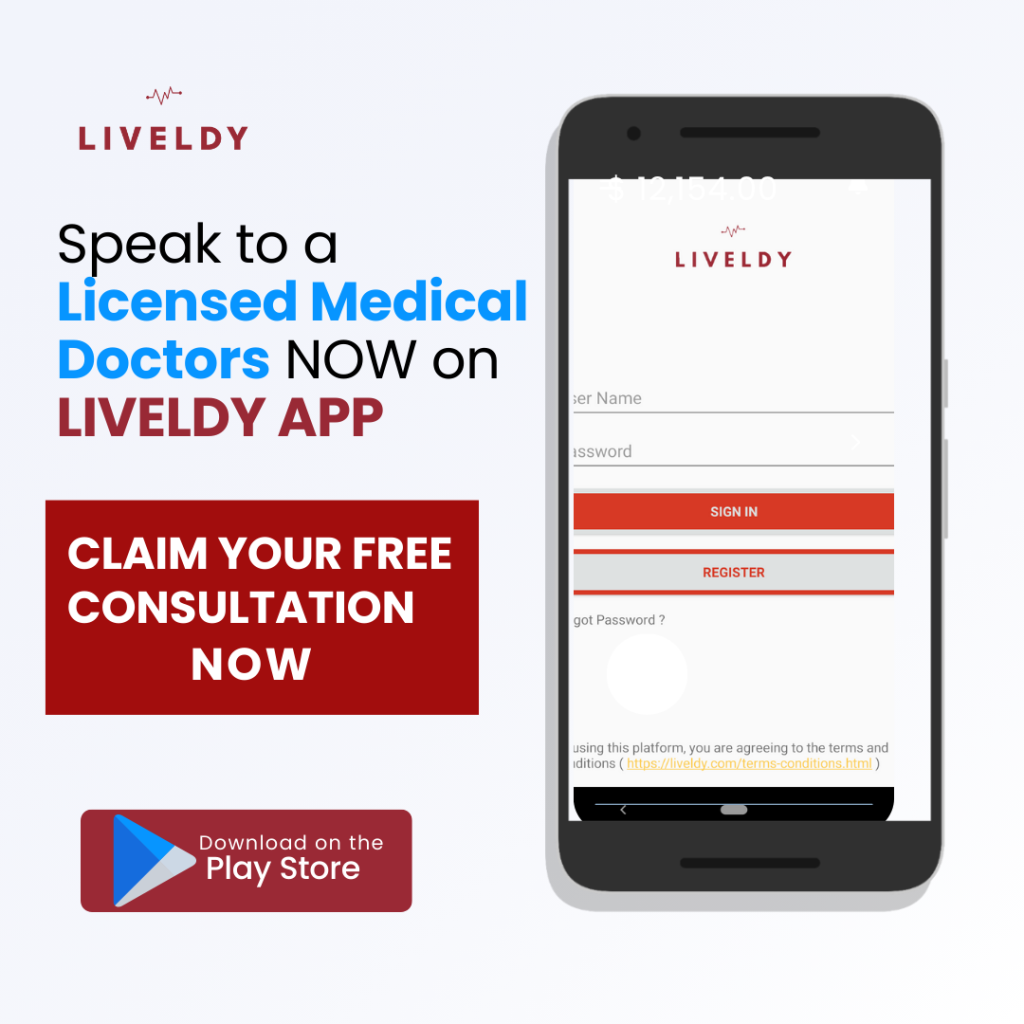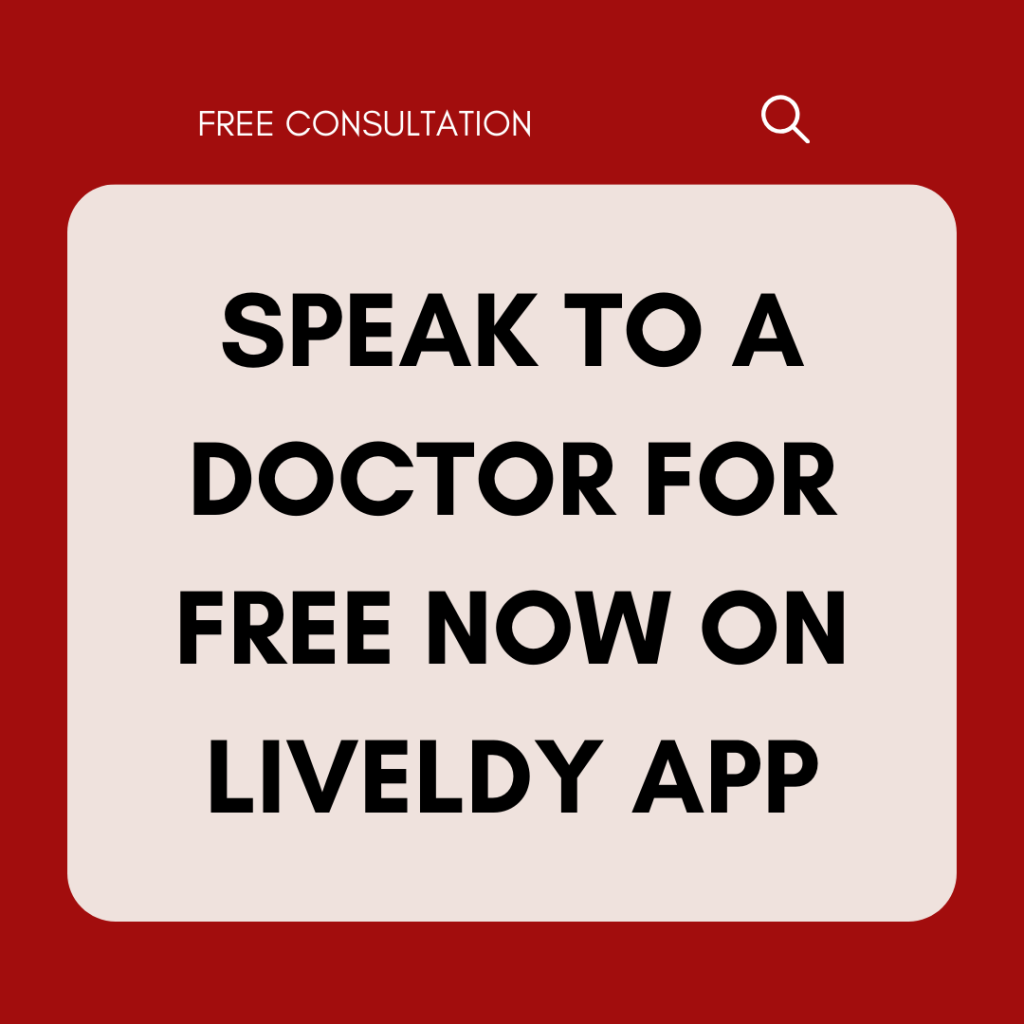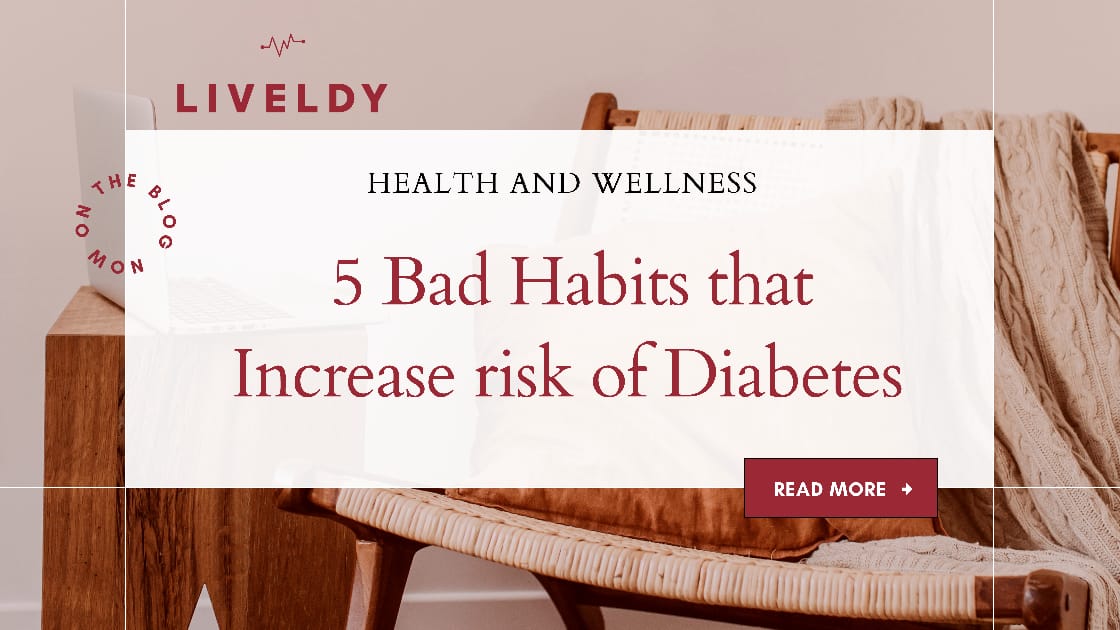Heart attacks happen suddenly, but not without early warning signs. Before a person is hit with a heart attack, their body sends them subtle signals and warnings, unfortunately most people are usually either too careless or uniformed to pick up the warning signs.
Though the onset of a heart attack does not look exactly the same for each person, there are a few recognized warning signs and symptoms to look out for, especially for persons at a higher risk.
Things can turn bad, and in some cases lead to dead, where the symptoms are either not noticed, ignored or medical attention is not promptly sought.
So, here’s why people have heart attacks. Heart attacks occur when there is an obstruction in the coronary arteries, cutting off supply of blood and oxygen to the heart. When this happens, vital muscles and tissues of the heart quickly get damaged, paving the way for a heart attack. Let’s consider some of the most common warning signs of a heart attack and how to respond appropriately in each situation.
5 WAYS TO SPOT A HEART ATTACK BEFORE IT HAPPENS
Chest Pains
Chest pains clinically known as “angina” are the most common sign of an impending heart attack. However, it is not every chest pain that is necessarily an indication of heart attack, it might just be a sign of stress, exhaustion, or anxiety. Moreso, some people do not experience chest pain or tightness prior to a heart attack. Where there is persistent pain or discomfort, tightness or squeezing around the chest region, it might be an indication of a deeper health issue and its best to speak to a medical practitioner immediately.
Body pains
An impending heart attack might also present itself as pain and discomfort in the following parts of the body: the right hand, upper abdomen, shoulder, back, neck, throat, teeth, or jaw.
Women might feel pains in the lower abdomen and lower portion of the chest. In the same way, body pains are generally not a straight indication of a looming heart attack, but if you notice anything abnormal, then seek medical attention to clear all doubts. It’s better to be safe than sorry.
Excessive Sweating
Sweating excessively or breaking out in cold sweats regardless of the weather condition and the absence of physical exertion, might need to consult with a doctor. Women who have heart issues are likely to experience intense night sweating.
Shortness of breath
Shortness of breath might be triggered by factors such as physical activity, extreme temperatures, high altitudes, or several other medical conditions. But on rare occasions, breathlessness might be a warning sign of a heart attack. Where abnormal shortness of breath is experienced, it’s best to consult a medical doctor right away.
Heart Palpitation
Heart palpitations can come in different ways. You might feel your heart is skipping a beat, or the rhythm of your heartbeat changes. Some people will feel their heart pounding or throbbing heavily. As a rule of thumb, changes in heart rhythm must never be ignored because they might be a clear sign that a person needs urgent medical attention.
Where your palpitations are accompanied by dizziness, chest pressure, chest pain, or fainting, a heart attack might be on its way.





